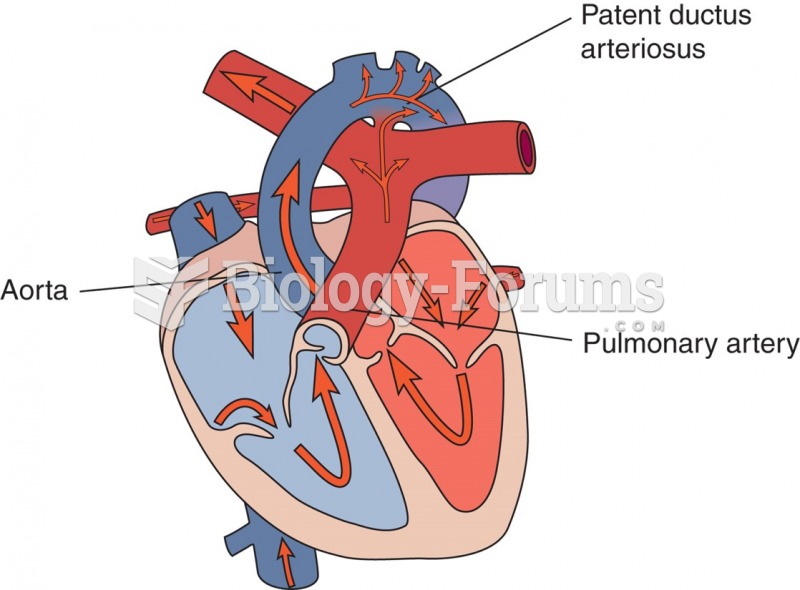|
|
|
There used to be a metric calendar, as well as metric clocks. The metric calendar, or "French Republican Calendar" divided the year into 12 months, but each month was divided into three 10-day weeks. Each day had 10 decimal hours. Each hour had 100 decimal minutes. Due to lack of popularity, the metric clocks and calendars were ended in 1795, three years after they had been first marketed.
The most destructive flu epidemic of all times in recorded history occurred in 1918, with approximately 20 million deaths worldwide.
On average, someone in the United States has a stroke about every 40 seconds. This is about 795,000 people per year.
If all the neurons in the human body were lined up, they would stretch more than 600 miles.
Increased intake of vitamin D has been shown to reduce fractures up to 25% in older people.







